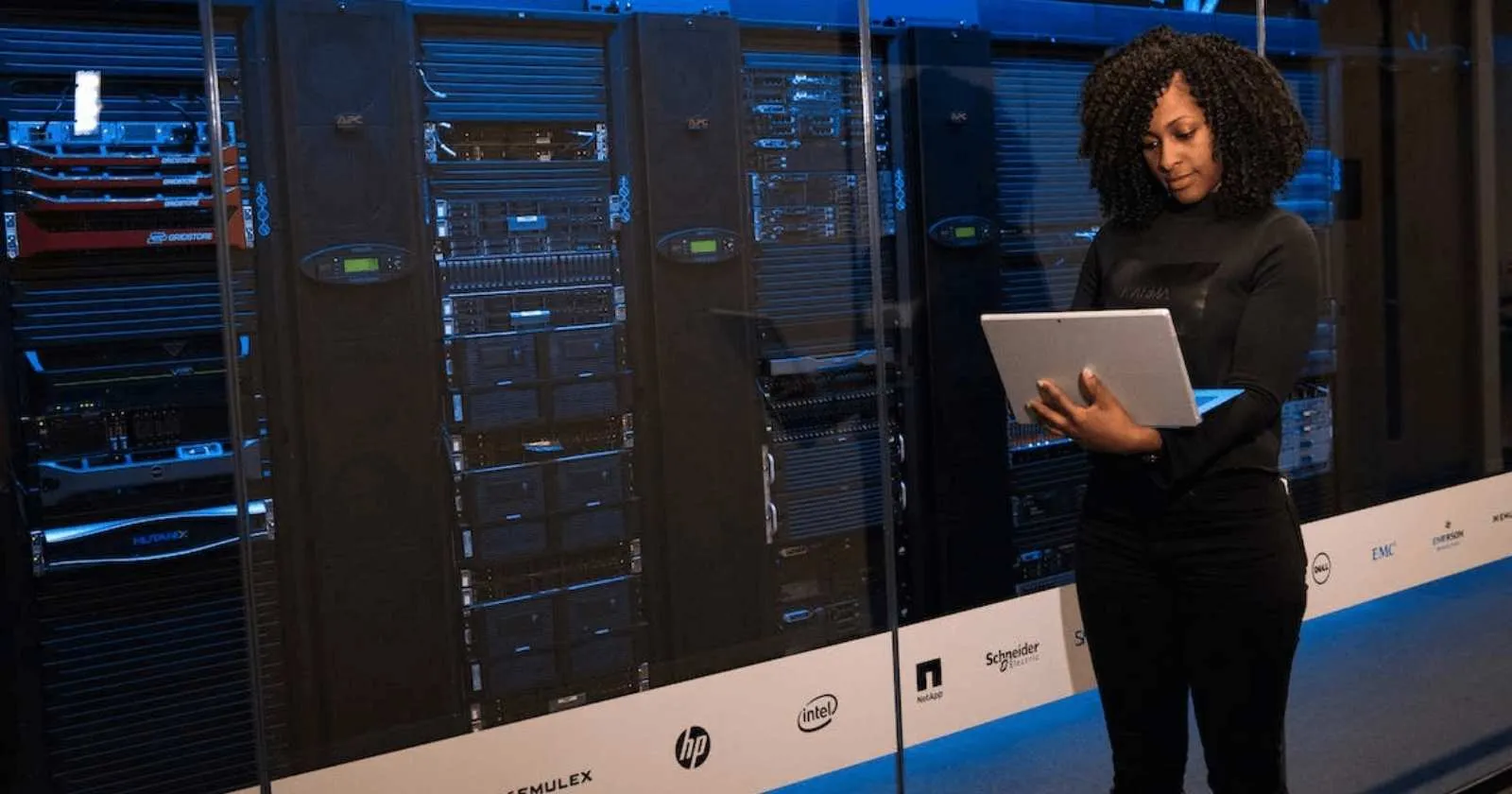Dedicated Server Explained: Ultimate Power and Control
A dedicated server is a type of web hosting where a client leases an entire physical server from a hosting provider, not sharing its resources with any other clients. Unlike shared or VPS hosting, where multiple users occupy partitions of a server, a dedicated server provides exclusive access to all the machine’s hardware resources CPU, RAM, storage, and bandwidth. This translates to maximum performance, control, and security, making it the ideal choice for high-traffic websites, large businesses, and applications with specific, resource-intensive requirements. Think of it as renting an entire house (dedicated server) versus an apartment (VPS) or just a room (shared hosting).
Read also : Namecheap Hosting Review
Table of Contents
Unmatched Benefits of High-Performance Hosting
Opting for this type of hosting brings significant advantages, although typically at a higher cost than other hosting types:
-
Peak Performance: With 100% of the server’s resources allocated to you, performance is consistent and unaffected by other users. This is crucial for resource-heavy applications and high-traffic sites demanding optimal speed and responsiveness. Performance hosting often implies dedicated resources.
-
Complete Control & Flexibility: You have full root or administrator access, allowing you to install any operating system, control panel (like cPanel/WHM or Plesk), and software stack. You can customize the server environment precisely to your specifications.
-
Enhanced Security & Privacy: Since you are the sole tenant, the security risks associated with shared environments are eliminated. You have complete control over security configurations, firewalls, and access policies, providing a highly secure environment.
-
High Reliability & Uptime: These servers are typically housed in secure data centers with redundant power and network connections, leading to high reliability and uptime, critical for business operations.
-
Dedicated IP Address: This hosting often includes at least one unique IP address, which can be beneficial for SEO, email deliverability, and accessing the server directly.
Dedicated Server vs. VPS vs. Cloud Hosting
Choosing the right high-performance hosting requires understanding the nuances:
- Dedicated Server vs. VPS: While a VPS offers dedicated resources within a virtualized slice of a server, a dedicated server gives you the entire physical machine. Dedicated servers provide superior raw power and resource guarantees but are more expensive than VPS.
- Dedicated Server vs. Cloud Hosting: Cloud hosting utilizes a network of interconnected servers, offering excellent scalability and redundancy by distributing resources. Dedicated servers provide guaranteed physical hardware performance but might lack the instant scalability of some cloud platforms. The choice often depends on whether predictable raw power (dedicated) or flexible scalability (cloud) is the priority.
Read also : Flywheel Hosting Review
Ideal Use Cases for a Dedicated Server
The power and exclusivity of a dedicated server make it suitable for specific scenarios:
- Very High-Traffic Websites: Large news portals, popular blogs, forums, and busy eCommerce sites that exceed the capabilities of VPS or shared hosting.
- Resource-Intensive Applications: Big data processing, machine learning tasks, large databases, video streaming, or complex web applications requiring significant CPU and RAM.
- Large eCommerce Businesses: Ensuring smooth performance, security for transactions, and uptime during peak shopping seasons.
- Game Server Hosting: Hosting demanding multiplayer game servers requiring low latency and high processing power.
- Hosting Multiple Websites: Agencies or businesses managing numerous client websites needing robust performance and isolation.
- Strict Security & Compliance Needs: Organizations handling sensitive data (e.g., financial, healthcare) that require maximum control over the server environment for compliance reasons.

Managed vs. Unmanaged Dedicated Servers
Similar to VPS, dedicated servers come in managed and unmanaged varieties:
- Unmanaged Dedicated Server: Provides the hardware and network connection; you handle all software installation, configuration, security, updates, and maintenance. Requires strong technical expertise (sysadmin skills).
- Managed Dedicated Server: The hosting provider takes care of server setup, OS installation, security hardening, patching, monitoring, backups, and technical support. This adds cost but frees you from server administration tasks.
Starting Your Online Journey?
WebDest offers reliable and affordable shared hosting plans perfect for new websites, blogs, and small businesses. Get started easily today!
Conclusion
A dedicated server offers the ultimate in hosting performance, security, and control by providing exclusive access to an entire physical server’s resources. While representing a higher investment than shared or VPS hosting, it’s the necessary solution for websites, applications, and businesses with high traffic, resource-intensive operations, or stringent security requirements. Carefully evaluating your needs against the benefits and costs, and considering the managed vs. unmanaged options, will help determine if dedicated hosting is the right step for your growth.





